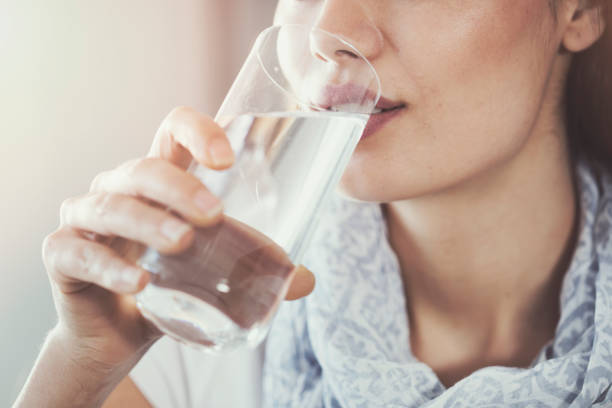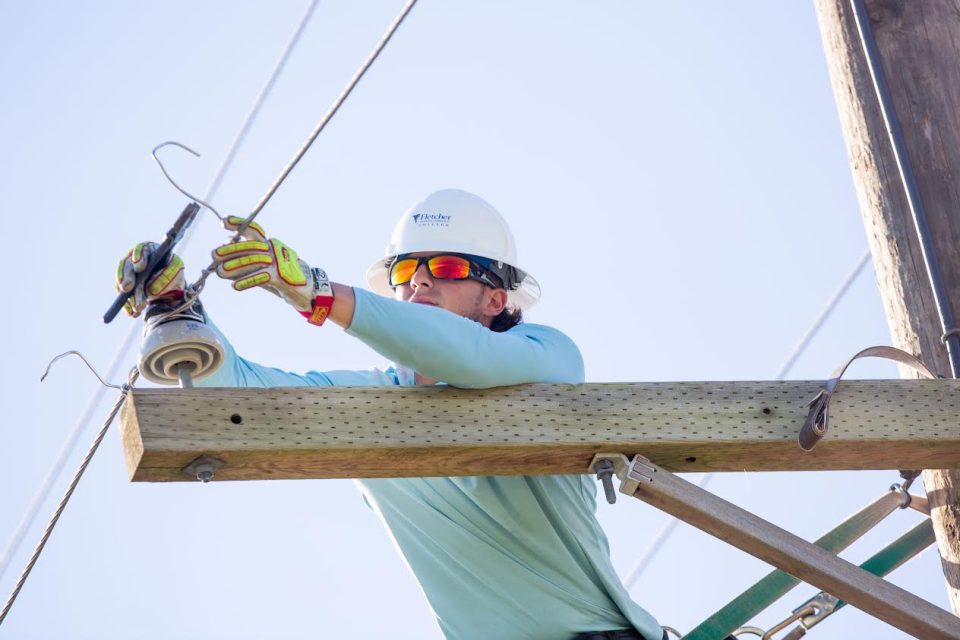
Terrebonne General’s Allison Cazenave, RDN, CSO, LDN, ONC, Receives Board Certification as the Only Oncology Nutrition Consultant in Louisiana
September 27, 2023
Mandalay Nature Trail is officially back open
September 27, 2023As saltwater continues to creep up the Mississippi River and threaten the drinking supply of many New Orleans-area citizens, community members in Terrebonne and Lafourche parishes have begun wondering how this crisis will affect our local drinking water.
“Lingering drought conditions have kept the Mississippi River at abnormally low levels and significantly weakened its flow,” reads an article on the subject on NBC News, published September 26, 2023. “The mouth of the Mississippi River sits substantially below sea level, which means some salt water from the Gulf of Mexico naturally creeps inland. Salt water is denser than fresh water, so it flows like a wedge along the riverbed underneath the fresh water of the Mississippi. In normal times, the river’s downstream flow is powerful enough to stem the encroaching salt water, preventing it from moving too far inland…The river’s flow rate is no longer able to combat the saltwater wedge.” This, in turn, threatens the drinking supply in New Orleans, and various other communities that rely on the Mississippi River for water.
Currently, however, the immediate crisis in the Mississippi River is not one that affects Terrebonne and Lafourche parishes. Water Works, the only provider of drinking water to the residents of Terrebonne Parish, reports that 80% of Terrebonne parish’s raw water supply (approximately 4 billion gallons per year) comes from Bayou Lafourche. The remaining 20% (approximately 1 billion gallons per year) comes from the Gulf Intracoastal Waterway and the Bayou Black Reservoir. Similarly, Bayou Lafourche is the drinking water source for more than 300,000 residents of Lafourche, Terrebonne, Assumption, and Ascension Parishes, says Bayou Lafourche Fresh Water District.
“The short answer is that our drinking water supply is very, very safe,” explained Bayou Lafourche Fresh Water District Executive Director Dustin Rabalais. “The saltwater wedge has a really long way to go before it could possibly hit our pump station– and even if it did, we could simply close the weir at the Napoleonville and Lockport pumps and draw off that water. At this moment in time, there is no cause for concern.” Rabalais went on to express that despite immediate threat to the local drinking supply, all community members should educate themselves on the potential threat saltwater poses due to coastal erosion in the bayous. “Yes, overall we should be concerned about saltwater intrusion in the south of Bayou Lafourche– but not in the sense that it will affect our drinking water supply,” said Rabalais. “All of our pumps are currently stationed on the northern part of Bayou Lafourche, away from the saltwater intrusion, and are very safe.”
For more information about Lafourche and Terrebonne parish’s current supply of drinking water, or any further questions concerned citizens may have, please reach out to Water Works General Manager Michael Sobert at (985) 879-2495 or Bayou Lafourche Fresh Water District Executive Director Dustin Rabalais at (985) 447-7155.





